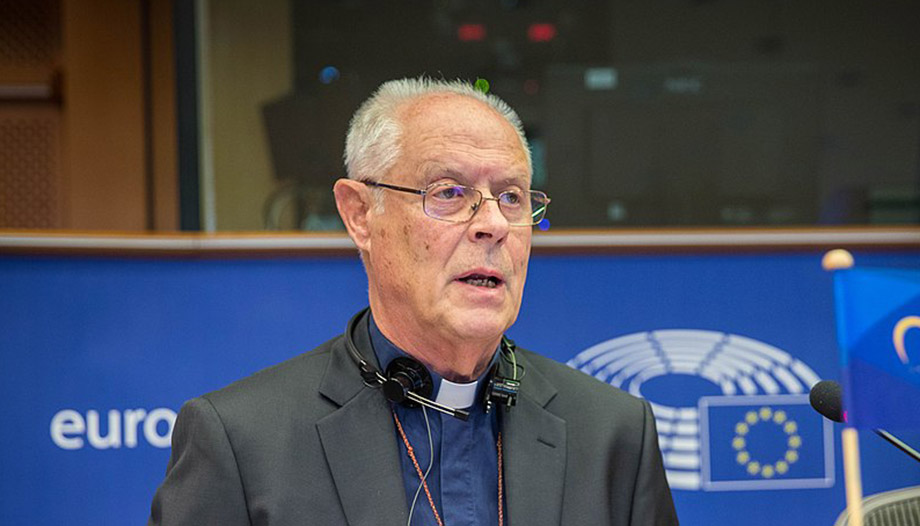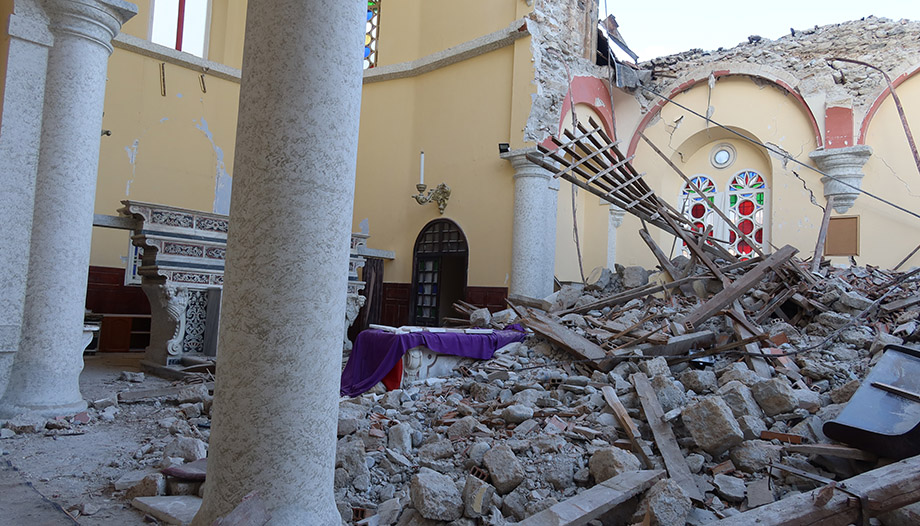One of the greatest fears is that Christians will begin to leave Anatolia. The earthquake that struck Turkey last February has hit this transcontinental region of the country, situated between Western Asia and Europe, particularly hard, to such an extent that even the simple removal of the many tons of rubble from the many collapsed buildings seems a huge job, with no chance of success.
Moreover, we cannot forget that some areas are still isolated, they no longer have gas or internet. Here, then, in the eyes of Msgr. Paolo Bizzeti, Vicar Apostolic of Anatolia, the worst nightmare materializes: "If we do not succeed in helping the local Christians who have lost everything to stay, there will be a great impoverishment of the presence. And this will be an impoverishment for everyone, because our province of Hatay is a commendable example of coexistence, even among religions".
It is in everyone's interest, says the bishop, that "there continues to be a Christian presence in Antioch, which after Jerusalem is the most important city for Christianity".
How many Christians are there in Anatolia today?
-There are about a thousand local Christians, to which we must add 3 or 4 thousand Christian refugees: Iraqis, Syrians, Afghans, Iranians, Africans. Throughout Turkey there are three Latin dioceses, with many thousands of faithful, and sister Churches such as the Armenian, Syriac and Chaldean. In total, Christians make up 0.2% of the entire population of the country.
What is the situation after the earthquake?
-In the city of Iskenderun, a town in Hatay province where I am, life is slowly returning to normal, but there are major emergencies to be solved. The removal of debris has begun, although it is still a very difficult job. A few days ago, a storm at sea even complicated the work of the rescuers. The situation remains particularly serious in Antioch, where the tremors of the earthquake were most devastating and where it is not clear where reconstruction can begin. For all these reasons, many people have left and others will leave soon.

What do survivors need?
-First of all, food and medicine. But there are also psychological needs: support in coping with grief and understanding how to recover after such a tragedy. If we want people to stay, we must give them realistic hope.
Have church structures been damaged by the earthquake?
-The cathedral of Iskenderun collapsed completely and will have to be totally rebuilt, but the church of Antioch was also affected, with its adjoining hostel that housed pilgrims who were also going to Jerusalem. However, more important for us now are the "living stones", which are our local Christians. We must try to prevent them from leaving in search of a better situation.
And how does the Church help?
-In the last few months we have distributed some 20,000 hot meals, 1,500 packages of basic necessities, 16,000 blankets, 3,000 pairs of shoes and even 16,000 diapers for the children. And that's not all. We also contributed financially by donating 180,000 Turkish Liras. In Iskenderun we also set up small school classes to help the children to study in spite of everything.








